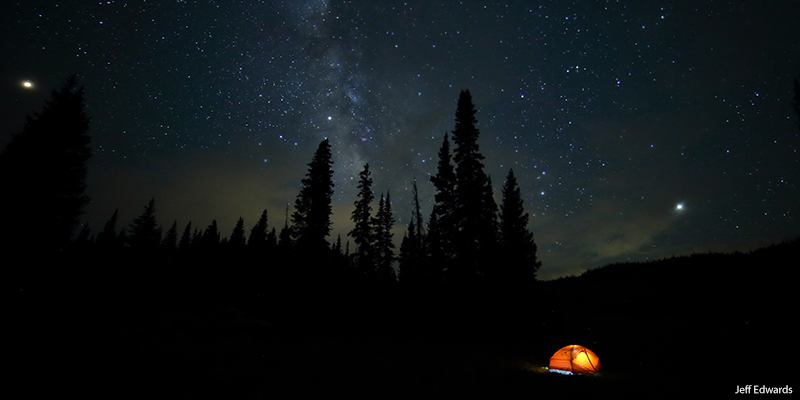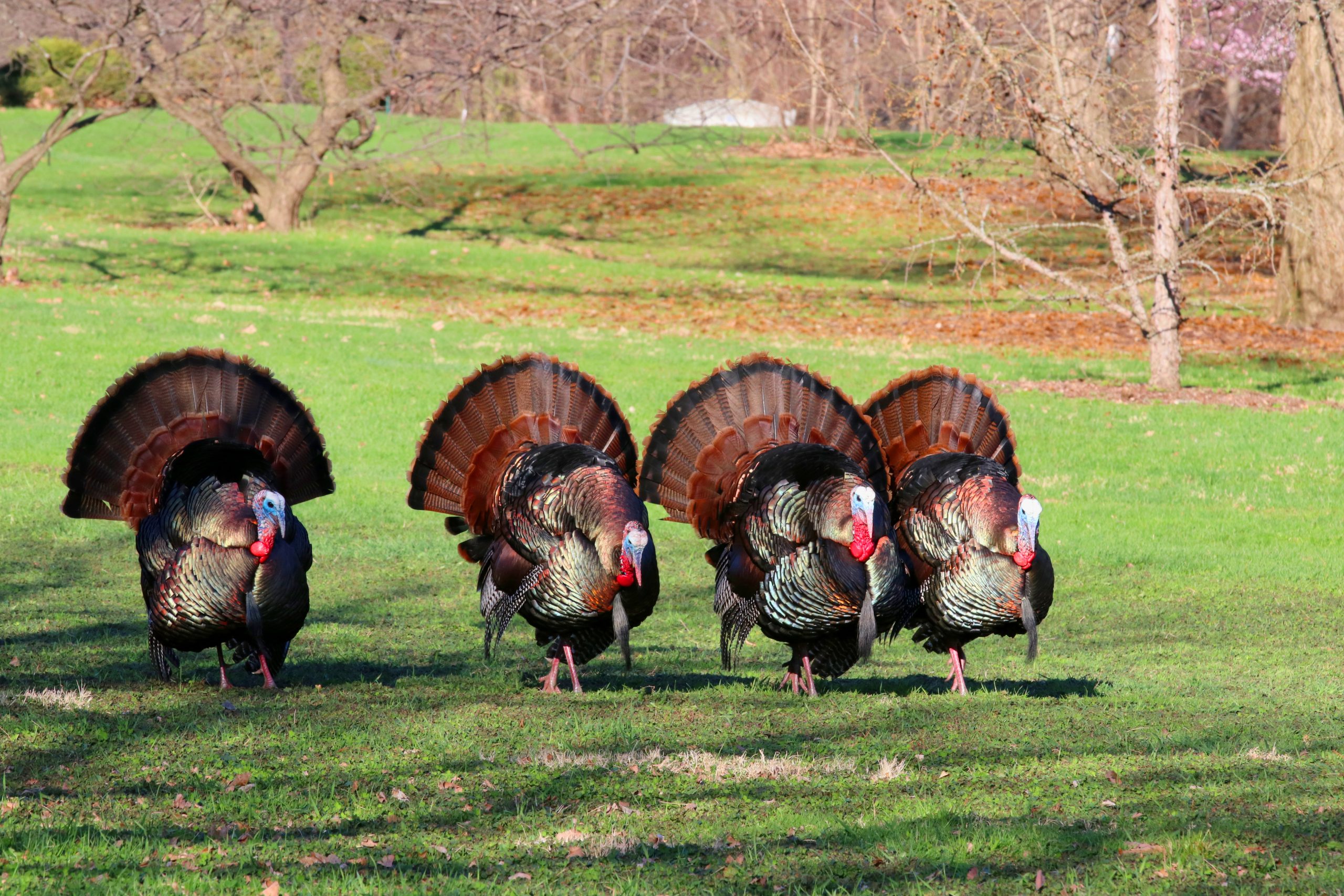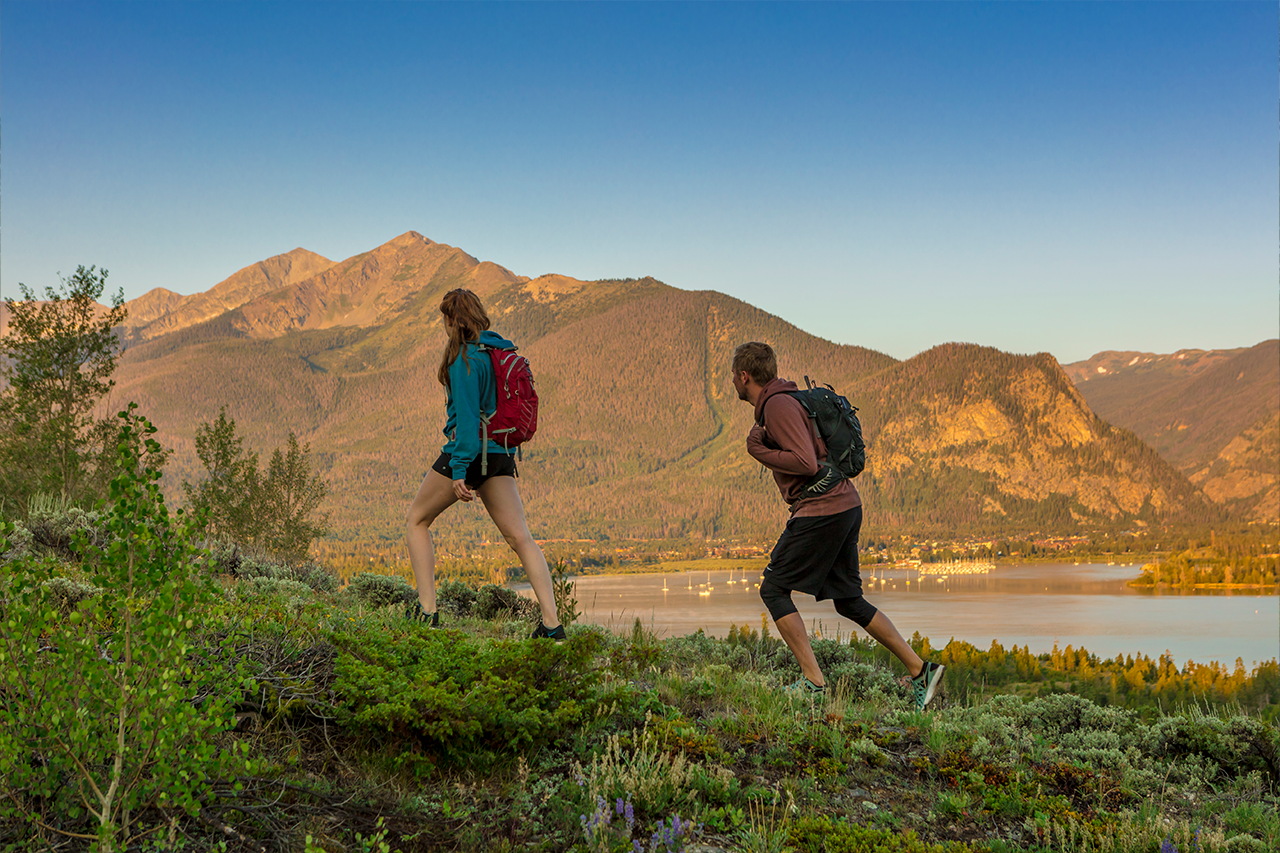Tent Camping in Colorado
Summers in Colorado can be hot, and heading out into the mountains for a camping trip can be a great way to escape the heat and cool off. This summer more than ever, tent camping is an extremely popular way to get out of the house on weekends and days off. Campsite reservations are filling up weeks or months in advance, and finding a first-come, first-serve site sometimes means trolling a backwoods loop or staking out a spot and waiting for the previous campers to finish packing up, which is no fun for anyone.
Luckily, if you have a tent, a whole different world of camping opens up for you. Tent camping is certainly much more primitive than RV camping, but if access to amenities is important to you, there are still ways for you to enjoy the great outdoors while still having access to a bathroom. If you’re willing to rough it a little bit more, you can experience all the wonders of backcountry camping without the crowds, and in a place like Colorado, it will usually come with stellar views.
Reservable Campsites

Okay, we get it. You’re the type of person who likes to plan ahead. You want to know exactly where you’re going to be staying, and what amenities you have access to, and you want to know that spot’s going to be open when you arrive. Maybe you’re camping with a group and want to make sure there will be enough space for everyone. Sounds like you need to reserve a campsite, and there are many options for doing this. Recreation.gov is a fantastic resource for reserving campsites all over Colorado, and you can filter your search by date, a number of guests, amenities (including options like accessibility, waterfront access, hiking trails, or even horseback riding), and other search terms to find the best site for you. You can also check out private campgrounds like Dolores River Campground or Echo Canyon Campground, which have friendly camp hosts and a variety of options for tent camping or even cabin rental. Most reservable campsites will charge a per-night and/or reservation fee, but it is certainly possible to find free ones out there.
Reservable campsites tend to have the best offerings when it comes to amenities like bathrooms, water, picnic and campfire setups, and even electricity or sometimes wifi. They’re filling up like crazy this summer, but do your research and check ahead of time, because many of them offer a few first come first served sites which you might be able to snag if you plan ahead and keep your fingers crossed.
Dispersed Camping

If roughing it in the great outdoors is more your thing, or if your decisions to go camping are more spontaneous or budget-minded, then you might want to look into dispersed camping. Dispersed camping means there are no amenities or services like trash, toilets, firepits, or tables. If you camp in the backcountry in an established park you will likely have to pay a fee or register for a permit, but many dispersed campsites are free, and luckily, there is an abundance of them in Colorado. You can legally camp for free for up to 14 days in any National Forest or on BLM land, and in Colorado, those two categories cover tens of millions of acres of gorgeous wilderness. A great way to find established free campsites is through FreeCampsites.Net, which contains BLM and NFS land. Some of the benefits of dispersed camping include fewer crowds, better views, and of course, often no fees, but when camping outside of a designated site, you need to take responsibility for your presence and be much better prepared.
Car Camping vs. Backpacking
With both reservable and dispersed tent camping, there are two main ways of doing it: by car or by foot. Car camping means your site will be a lot more accessible, and you’ll have more freedom when it comes to bringing things like camp chairs, comfier bedding, and food. The downsides of car camping are generally that you won’t get as far into the wilderness, and it may be more crowded.
Backpacking means you need to have a lot more in the way of gear. You need to be able to bring your tent, sleeping materials, food, water, and any other supplies with you on foot, and you need to be able to bring all those things plus your trash back out with you again. It’s a lot more preparation (and the financial barrier to entry can be high if you don’t already have the gear), but backpacking can lead you to some truly spectacular spots in the wild, with amazing views, complete privacy, and epic experiences.
Tent Camping Essentials

When you camp in an RV or a cabin, you have access to a lot of amenities and luxuries, but when you’re in a tent, you often don’t have access to any of those things. First and foremost, if you’re looking to get into tent camping, you’ll need a tent. Do your research before purchasing one, and decide whether you want a big tent the whole family (or an air mattress) can fit into or a lightweight backpack tent that fits only one or two people. You’ll also want a sleeping bag rated for the weather and temperatures you’ll be experiencing and a sleeping pad to keep you more comfortable on the hard ground. Sleeping pads generally come in a few forms—air pads, either self-inflating or need to be blown up, and foam pads, which roll up or fold up. If glamping’s your game, you might also consider an air mattress, and if you’re really on a budget and can’t afford to buy a sleeping pad, you could always use a pile of blankets underneath you.
There are plenty of other items and gear that are arguably essential for tent camping, but at its base, this is it. Tent camping is as varied as it comes, and backpacking, car camping, and camping at a designated site offer very different experiences, so do your research, but as long as you’ve got a tent and something to sleep on, you’re well on your way.
Tips for Tent Camping in Colorado
If you’re camping at a designated site, trash facilities will probably be available. Still, if you’re dispersed camping or in a place without trash services, you need to pack in and out all of your trash, following Leave No Trace principles. While camping, you’ll also need to be aware of your trash because of bears. There are black bears all over Colorado, and they have excellent noses, so you need to be bear-aware in order to help keep bears wild in Colorado. Store your food in airtight, bear-safe containers (many designated campsites have bear-safe storage at each site), dispose of your trash in a bear-safe trash can, and lock up your food away from you when you sleep.
Another thing to be aware of while tent camping is fire bans. Colorado is at high risk each summer for forest fires, and many counties or regions institute fire bans. You must research ahead of time whether your destination has a fire ban and learn what that means. If you can’t have a fire while you’re camping, you will have to rely on food that doesn’t need to be cooked, or you will have to bring your own camp stove and cook on that. It also means you will have no source of light once the sun sets, so you’ll have to remember to pack headlamps, lanterns, and flashlights.
Although tent camping is a perfect time to “turn off.” Having a charged phone is a good idea for many reasons. You can download and save google maps. These maps can be referenced without a connection. Phones have flashlights, often text messaging will still work, and GPS apps (be careful relying on a GPS app). Plus, a good way to fill those extra moments while tent camping is downloading games beforehand, such as this free cribbage game or other favorites. If you plan on bringing your phone, you should check out portable solar chargers. Tent camping with a phone is another level of preparedness that cannot be overlooked.
Tent Camping Means Being Prepared
As a general rule, camping is a “Be Prepared” type of situation—you want to plan ahead to make sure you have enough food, water, and equipment for whatever you encounter and that you know what to expect when it comes to the amenities you will and won’t have at your campsite. It’s a lot less glamorous than RV or cabin camping. Still, tent camping will give you a true appreciation of Colorado’s nature, whether it’s from the stars you spot in the sky at night, the peace and quiet of the mountains without the hum of an RV generator, or the wildlife you spot while navigating the trail to find the perfect campsite. You’ll come home after your trip dirty, tired, and in dire need of a shower, but you’ll also have created some amazing memories.
By Emily Krempholtz






